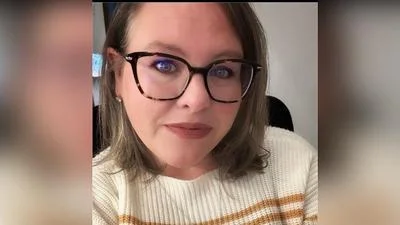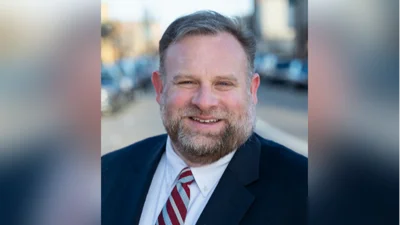Robert Wittke, Wisconsin State Representative for 63rd District | Official website
Robert Wittke, Wisconsin State Representative for 63rd District | Official website
According to the Wisconsin State Legislature's official website, the bill was described as follows: "interest earned on coronavirus state and local fiscal recovery funds. (FE)".
The following is our breakdown, based on the actual bill text, and may include interpretation to clarify its provisions.
In essence, this bill mandates that $172 million be transferred to the general fund from a federal program revenue appropriation to the Wisconsin Department of Administration, effective when the bill becomes law. As of the end of April 2025, the Department reported to the Joint Legislative Audit Committee that interest earned on advanced coronavirus state and local fiscal recovery funds totaled $171.5 million.82. Under existing state law, unless otherwise specified, such miscellaneous receipts collected by a state agency, like interest earnings, are to be directed into the general fund's general purpose revenues.
The bill was co-authored by Senator Eric Wimberger (Republican-2nd District), Representative Lindee Rae Brill (Republican-27th District), Representative Robert Brooks (Republican-59th District), Representative Barbara Dittrich (Republican-99th District), and Representative Bob G. Donovan (Republican-61st District). It was co-sponsored by Senator Julian Bradley (Republican-28th District), Senator Mary Felzkowski (Republican-12th District), and Senator Dan Feyen (Republican-20th District), along with 21 other co-sponsors.
Robert Wittke has authored or co-authored another 39 bills since the beginning of the 2025 session, with none of them being enacted.
Wittke graduated from the University of Wisconsin-Eau Claire in 1980 with a BA.
Wittke, a Republican, was elected to the Wisconsin State Assembly in 2025 to represent the state's 63rd Assembly district, replacing previous state representative Robin Vos.
In Wisconsin, the legislative process starts when a senator, constituent, group, or agency proposes an idea for a bill. After drafting, the bill is introduced, numbered, and referred to a committee for review and public input. If approved, it moves through three readings and votes in both the Senate and Assembly. Once both chambers pass the same version, the bill goes to the governor, who can sign it, veto it, or let it become law without a signature. Only a small share of bills introduced each session ultimately become law. You can learn more about the Wisconsin legislative process here.
| Bill Number | Date Introduced | Short Description |
|---|---|---|
| AB286 | 05/30/2025 | Interest earned on coronavirus state and local fiscal recovery funds. (FE) |
| AB268 | 05/19/2025 | The right of appeal for complainants aggrieved by decisions of the Elections Commission concerning the conduct of election officials |
| AB265 | 05/19/2025 | Human trafficking and trafficking of a child and providing a penalty |
| AB256 | 05/08/2025 | A special observance day in schools for Armenian Genocide Awareness Day |
| AB196 | 04/15/2025 | Rehired annuitants in the Wisconsin Retirement System. (FE) |
| AB92 | 02/28/2025 | Spinal cord injury research grants and symposia and making an appropriation. (FE) |
| AB1 | 01/31/2025 | Changes to the educational assessment program and the school and school district accountability report. (FE) |




 Alerts Sign-up
Alerts Sign-up